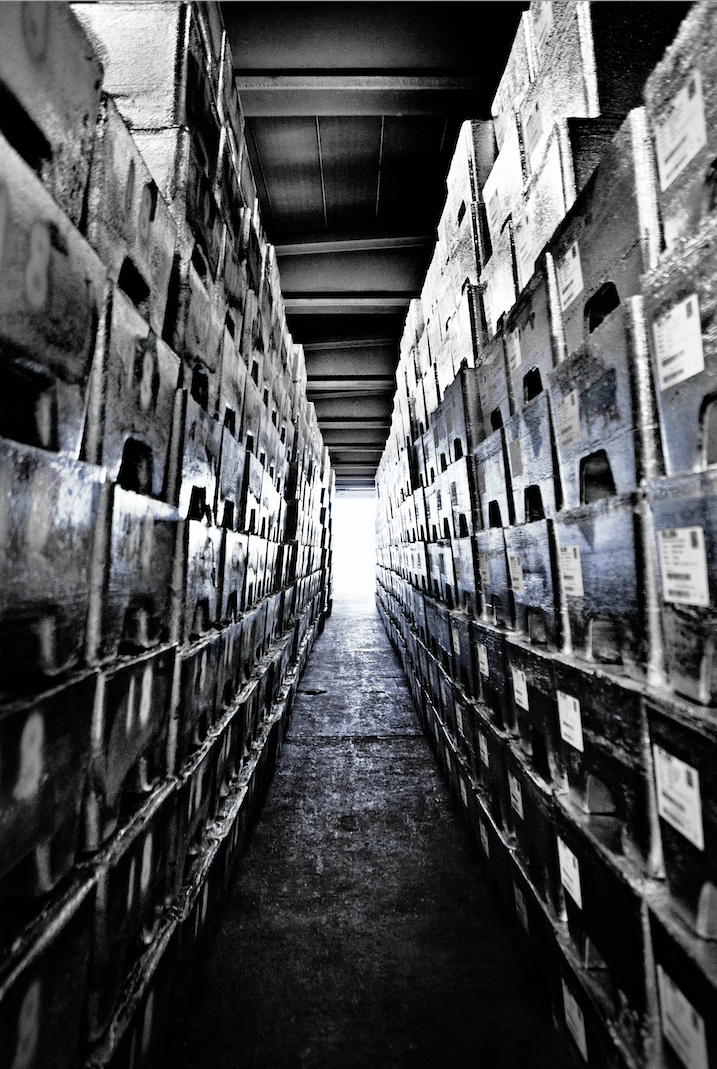 Boliden has started sales of zinc with a low climate footprint. The new product emits less than 1 metric ton (mt) of carbon dioxide (CO2) emissions per mt of zinc, compared with the industry average of 2.5 mt. Low carbon zinc will stand for 18% of Boliden’s total zinc production.
Boliden has started sales of zinc with a low climate footprint. The new product emits less than 1 metric ton (mt) of carbon dioxide (CO2) emissions per mt of zinc, compared with the industry average of 2.5 mt. Low carbon zinc will stand for 18% of Boliden’s total zinc production.
The main area of use for zinc is galvanization of steel structures, which protects against rust and extends the service life of the structures. Boliden is Europe’s largest zinc miner and the third largest in smelter capacity.
“The interest in metals with low climate impact is very high,” said Daniel Peltonen, director of Business Area Smelters, Boliden. “We now include zinc in this product portfolio, which shows that our production of this metal is also at the highest level in terms of climate. In addition, investments are being made in increased production so that more metal with high climate performance comes to market.”
The first customers with a signed agreement for low carbon zinc are Zinkpower and EverZinc. ZINKPOWER is one of the world’s leading galvanizing companies with 45 locations in 12 countries, and EverZinc is a global leader in the production of zinc chemicals.
Deliveries of zinc with less than 1 mt CO2/mt of zinc will begin immediately. In parallel with the start of sales of zinc with a low climate impact, a product from recycled zinc will also be offered. However, this zinc has a significantly higher climate impact due to the fact that the majority originates from a residual product from steel production and available recycling technology.
In 2021, Boliden presented corresponding products in copper, which was well received by the market. For copper, the limit value is 1.5 mt CO2/mt of copper, compared with the global average of around 4 mt of CO2.






